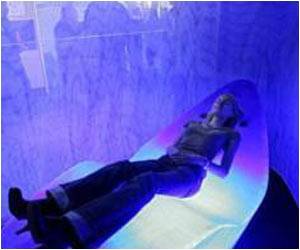
Previous studies have looked at a link between sleep apnoea and both mortality and incidence rates from cancer. Some experimental studies in mice have also shown that reduced oxygen levels in the blood, which is common in sleep apnoea, enhanced tumour growth. This is the first study in humans to look at the link between a specific type of cancer (skin melanoma) and sleep apnoea.
Researchers studied 56 patients diagnosed with malignant skin melanomas. They measured the aggressiveness of the cancer along with the presence and severity of sleep apnoea.
60.7% of the patients had sleep apnoea and 14.3% had severe sleep apnoea. The results found that the melanoma was more aggressive as the severity of sleep apnoea increased. This was the case for all three measurements for sleep apnoea severity. The severity measurements were also linked with other factors of aggressiveness, including the growth rate or the depth of invasion of the tumour.
Lead author, Dr Francisco Campos-Rodriguez, from the Hospital de Valme in Seville, Spain, said: "This is the first study in a human sample to show that sleep apnoea can worsen the outcomes of melanoma. The findings are from a preliminary small sample, but if the results are confirmed in larger studies, this would have important clinical implications, particularly as sleep apnoea can be easily treated and this could open up new therapeutic possibilities for people with both conditions. We have just begun a bigger prospective trial enrolling 450 patients with cutaneous melanoma to analyse this link further."
Source-Eurekalert















